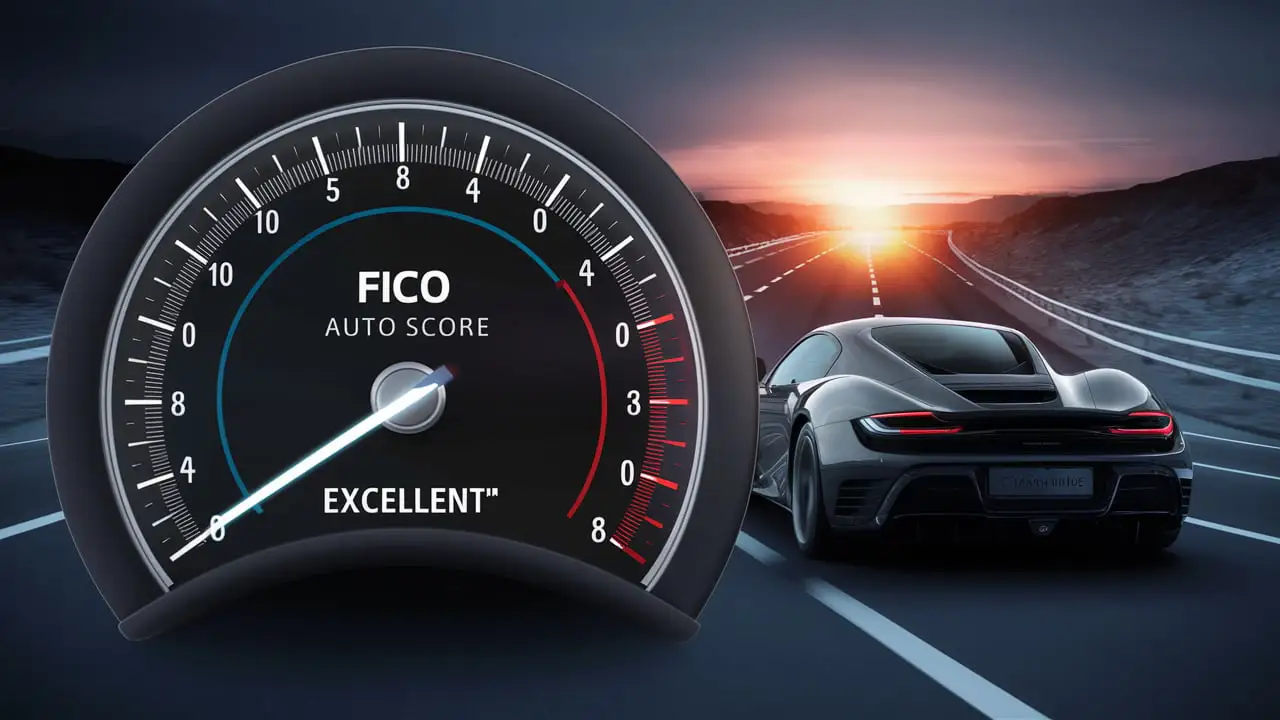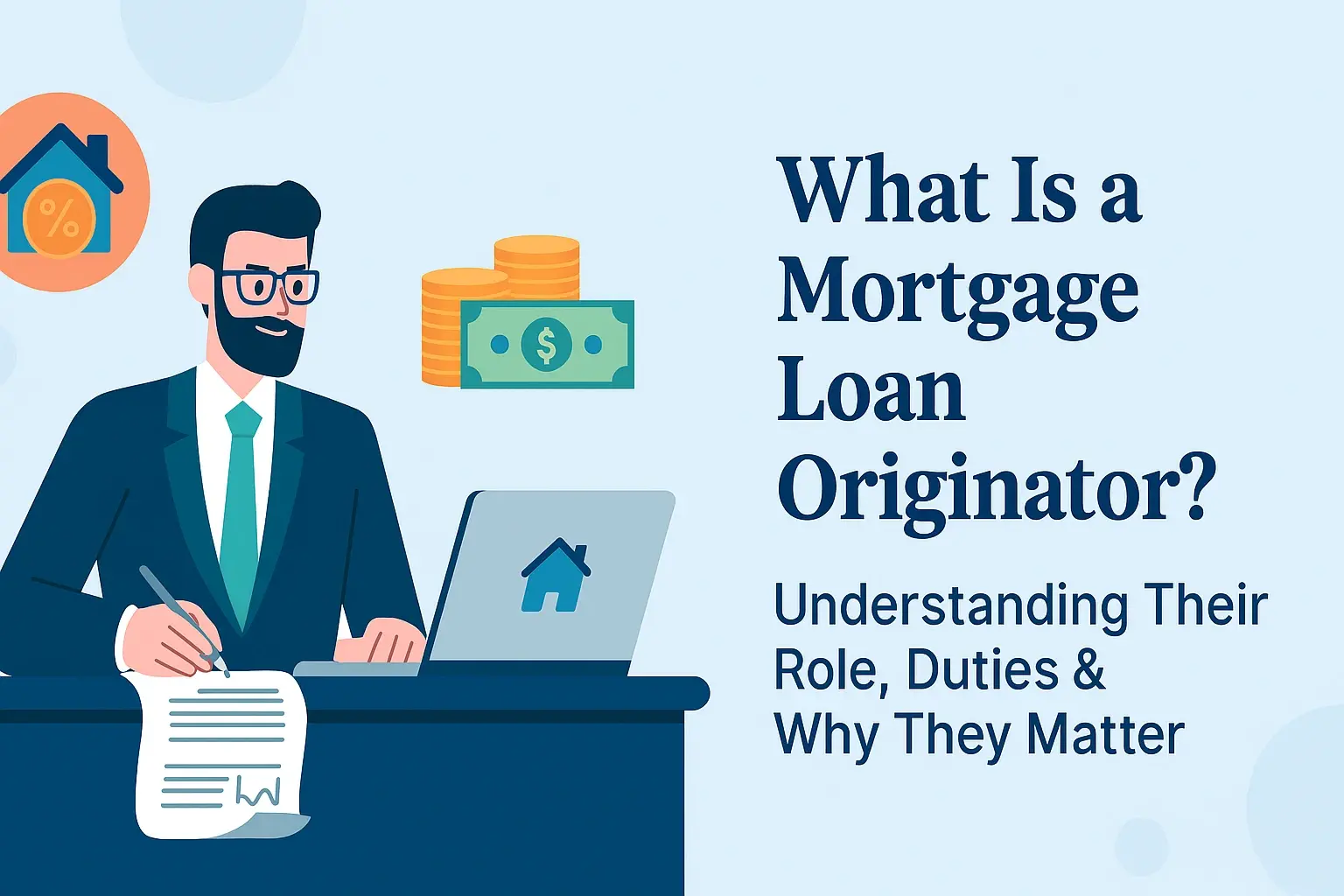-
Posted on: 06 Aug 2024

-
Interest rates and auto loan approvals may include FICO scores used by the lenders to rate their clients. Your FICO score essentially provides the lender with an estimate of how reliable you are when it comes to repaying a loan, as formulated by your credit history. FICO scores vary from 300 to 850 – the higher the score, the lower the risk you are considered by lenders. Car loans, on average, require the borrower to have a FICO score of 660 or above to get the best rates. Although some companies can offer credit to persons with a low credit rating of between 580 and 659, at a higher rate of interest.
FICO score is a measurement of your creditworthiness
FICO is an abbreviation of Fair Isaac Corporation, the company that developed the FICO score for credit rating. FICO scores consider data in credit reports found at Equifax, Experian, and TransUnion. This includes your past payment records, outstanding balances, years of credit history, credit mix, and recent credit inquiries. FICO divides this information into five categories that range from poor to exceptional, and then arrives at a three-digit score. FICO scores range between 600 and 750, and the higher the number, the better the credit rating. In this way, FICO scores summarize your credit history and reduce it to a single number that lenders can easily consider to evaluate the risk associated with lending.
Credit scores are important for auto loans:
FICO scores provide valuable information to lenders concerning your reliability and the level of risk that you pose to them, hence, they can quickly approve loans and determine the time frame within which they should be paid back. Analysis of credit data reveals that consumers with good FICO scores are likely to have lower auto loan default rates compared to those with bad FICO scores. Therefore, the higher your FICO score, the better your chances of getting financed and at a better rate and terms, such as better and lower interest rates, higher loan amounts, and smaller down payments. On the other hand, a poor credit score denotes that you may not qualify for some loans, you will be charged higher rates, or you may have to deposit a larger amount initially.
What FICO Ranges Do Auto Lenders Prefer?
FICO Score Range That Is Considered Perfect is 720 and above. Those borrowers with FICO scores of 720 or above are normally regarded as low-risk borrowers, and they stand very good chances of getting approved by lenders for the best auto loan rates and terms in the market. You can get approval and funds within a short time, probably within a week or even less, and you may be offered financing at as low as 5% APR on a repayment period of 5-60 months. You may also be privy to other incentives, such as manufacturer rebates that lower the price of purchasing your next vehicle even further.
FICO Score Range of Very Good is 690 to 719. Subprime borrowers, with credit scores ranging from 690 to 719, can also benefit from excellent car financing. Lenders usually classify FICOs in this tier as very good or prime credit. Although the interest rates may be slightly higher than those given for credit scores of 720 and above, you can easily secure reasonable APRs, which range between 5 to 7 percent from many lenders. It is also standard to offer loans of up to 72 months.
A good FICO Score range is within 660 to 689. A FICO score ranging from 660 to 689 indicates good credit that is above average to most auto lenders. Hearing approval chances are fair to good, but look for interest rates to be slightly higher at 8 to 12 percent APR. Best approval terms may reach 60 to 66 months for borrowers in this low score range of 600 to 619. However, having 660+ scores still directs those consumers to a better place than more than half of the car-buying population with subprime credit.
What If My FICO Scores Are Below 660? Subprime borrowers in the auto lending industry are those who have a credit score of below 660, according to auto lenders. This makes you considered a high-risk applicant for credit, which makes the chances of getting financing even worse. How low your credit scores are and the circumstances that led to them will determine your options. For example, prior auto loans or credit scores slightly below 660 can also be approved through specially financed arms, although at higher interest rates. On the other hand, there is the provision of approval odds, which dramatically reduce as one moves to the 550s or lower because of default risks. Deep subprime lenders may make offers, but be prepared to pay APRs greater than 20 percent and down payments greater than 10 percent of the car’s value.
How Auto Lenders Use FICO Score Tiers Banks and other creditors use your FICO score tiers as the initial benchmark to assess your creditworthiness. From there, other parameters like income, existing credit obligations, down payment sizes, etc, enter the picture. However, FICO scores establish the risk expectations on risks as well as the probable financing terms. That is why monitoring your scores is so important for increasing not only approval chances but also for getting better rates and saving money. Credit scores below 580 mean that getting auto financing is nearly impossible without a subprime lender or a co-signer with a better credit rating. Thus, the more FICO score you have, the more opportunities you have to get financing and the best offers at your fingertips.
How to Get Better FICO Scores. It may take effort, but it is possible to increase subprime FICO scores gradually. Timely payments, paying off amounts, and avoiding the application for new credit cards increase FICO ratings. One is advised to go to AnnualCreditReport. Come to acquire and assess your credit reports to address errors, which can pull down your scores. Signing up for credit monitoring also puts you on notice of key changes. Establishing positive credit behavior and analyzing your FICO patterns increases the chances of auto loan approvals in the optimal FICO score range for lenders in the future.
Take control of your credit today! Call (888) 803-7889 for personalized solutions.











